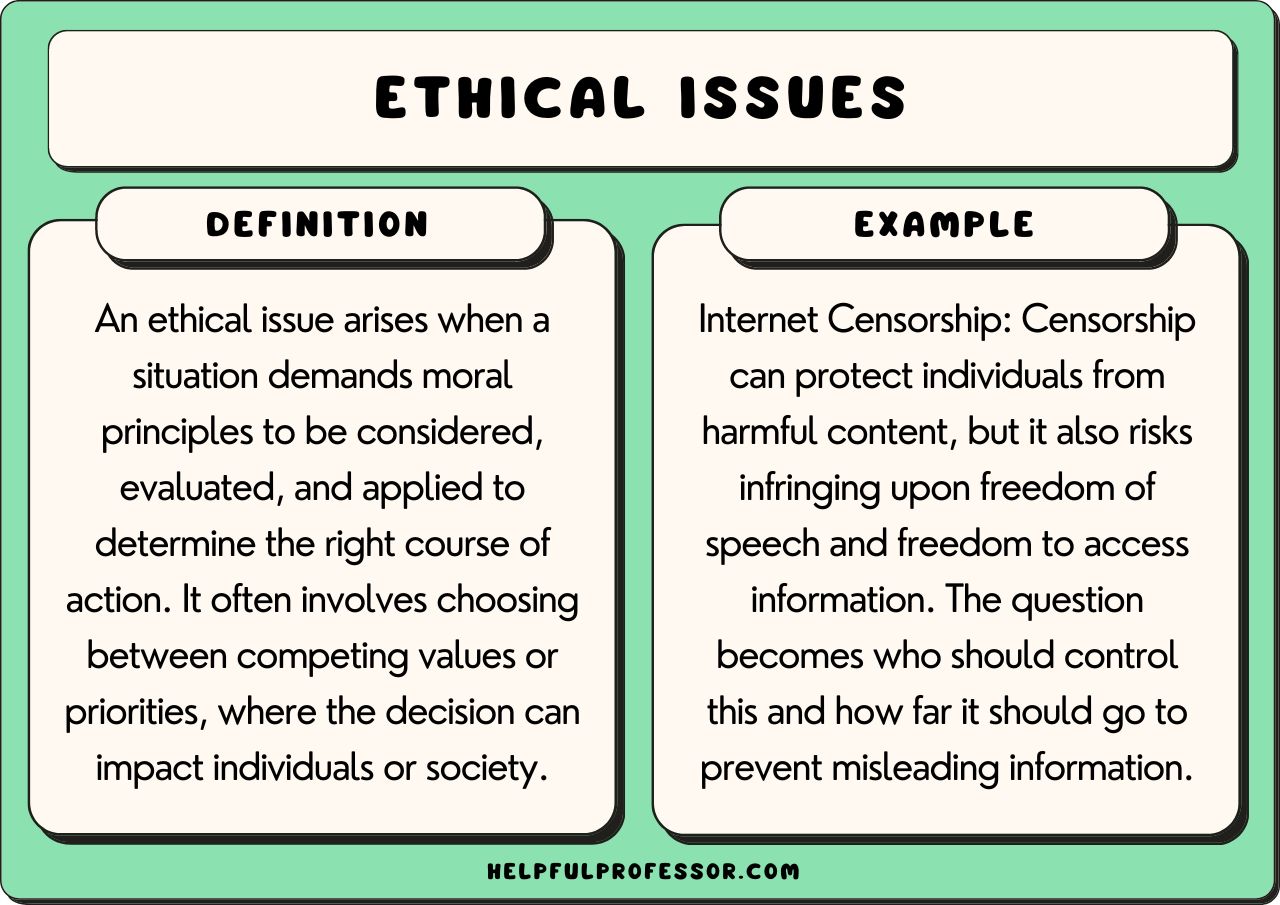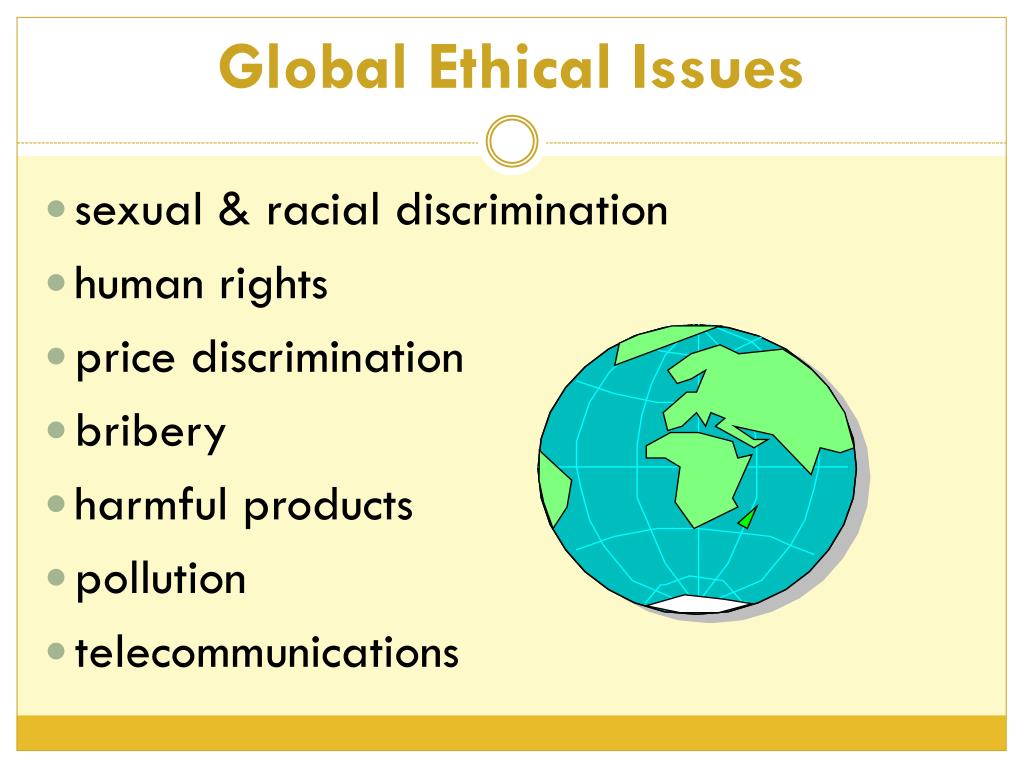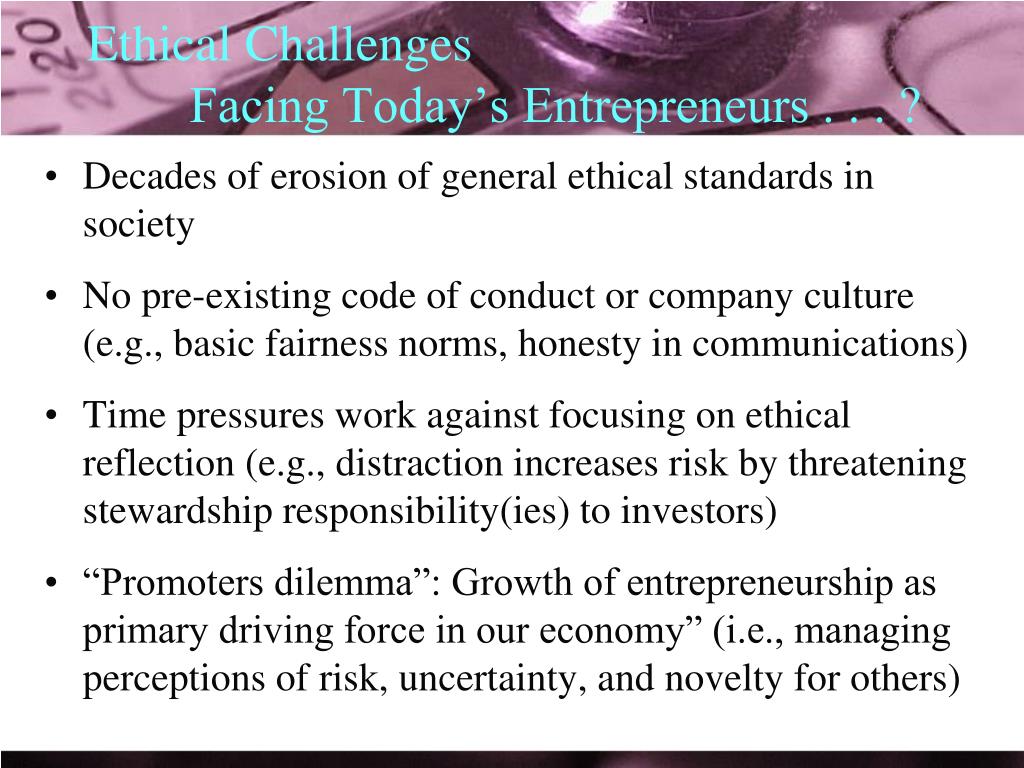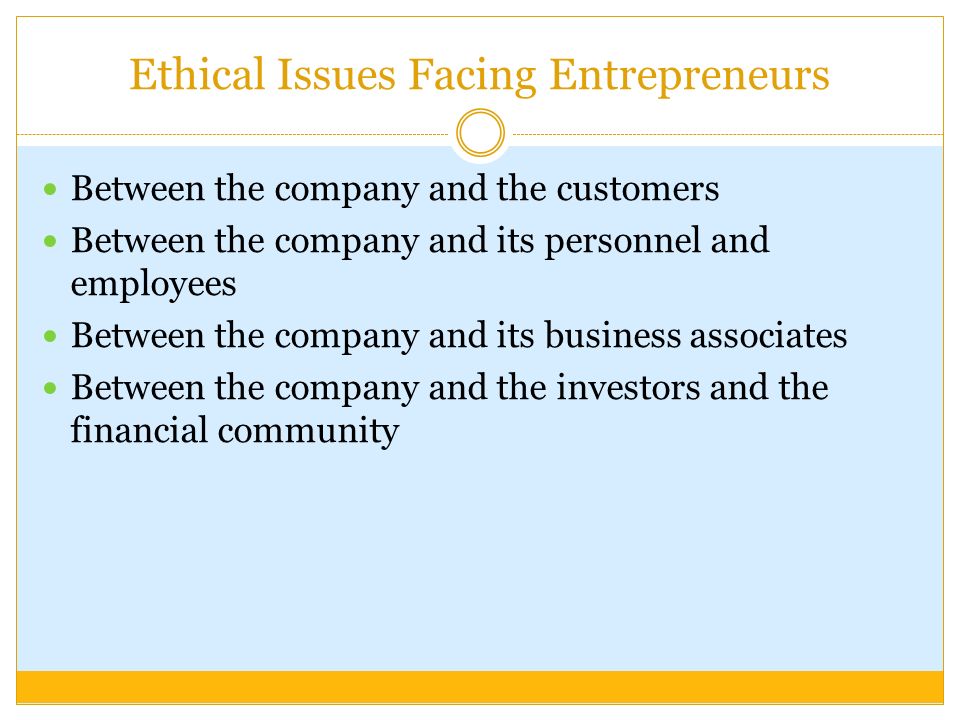Ethical Challenges Facing Companies Today

The modern business landscape is fraught with ethical complexities, forcing companies to navigate a minefield of moral considerations that extend far beyond traditional profit margins. From the pervasive influence of artificial intelligence to the urgent demands of environmental sustainability and the ever-evolving expectations of a diverse workforce, businesses face unprecedented pressure to demonstrate ethical leadership.
This article delves into the most pressing ethical challenges facing companies today. We will explore the impact of technological advancements, the growing importance of environmental, social, and governance (ESG) factors, and the delicate balance of maintaining data privacy in an increasingly interconnected world. This includes issues like AI bias, supply chain transparency, and ensuring fair labor practices. These complex problems require careful consideration, proactive strategies, and a commitment to ethical decision-making at every level of the organization.
The Algorithmic Tightrope: Ethics in the Age of AI
The rapid integration of artificial intelligence (AI) presents both immense opportunities and significant ethical dilemmas for businesses. One of the most prominent concerns is algorithmic bias. These biases, often unintentional, can perpetuate and amplify existing societal inequalities if not carefully addressed.
Consider the use of AI in hiring processes. If the training data used to develop the AI is skewed towards a particular demographic, the AI may unfairly discriminate against other qualified candidates. This results in a system that perpetuates existing biases, rather than promoting a fair and equitable selection process.
Furthermore, the lack of transparency in many AI systems, often referred to as the "black box" problem, makes it difficult to understand how decisions are being made. This lack of transparency raises concerns about accountability and the potential for unintended consequences.
ESG Imperative: Beyond Profit to Purpose
The pressure on companies to embrace Environmental, Social, and Governance (ESG) principles has intensified in recent years. Investors, consumers, and employees are increasingly demanding that businesses demonstrate a commitment to sustainability, social responsibility, and ethical governance.
"Companies are now being judged not only on their financial performance but also on their environmental and social impact,"notes a recent report by PwC on ESG trends. This shift reflects a growing recognition that long-term business success is inextricably linked to the health of the planet and the well-being of society.
One of the key challenges within ESG is ensuring supply chain transparency. Companies must actively monitor their supply chains to ensure that they are not contributing to deforestation, human rights abuses, or other unethical practices. Achieving this transparency often requires significant investment in auditing and monitoring systems.
The Greenwashing Dilemma
The rise of ESG has also given rise to the phenomenon of "greenwashing," where companies exaggerate their environmental efforts or make misleading claims about their sustainability credentials. This can erode trust and undermine genuine efforts to address environmental challenges.
Consumers are becoming more savvy in detecting greenwashing, and companies that engage in such practices risk reputational damage and loss of consumer loyalty. Therefore, it is important for businesses to ensure their ESG claims are backed by verifiable data and transparent reporting.
Data Privacy in the Digital Age: A Tightrope Walk
In an era of ubiquitous data collection, companies face the challenge of balancing the need to collect and analyze data with the imperative to protect the privacy of their customers. The implementation of regulations like the General Data Protection Regulation (GDPR) in Europe reflects the growing global concern about data privacy.
Companies must ensure that they are obtaining informed consent from individuals before collecting and using their data. They also need to implement robust security measures to protect data from breaches and unauthorized access. Failure to do so can result in significant financial penalties and reputational damage.
The ethical considerations surrounding data privacy extend beyond legal compliance. Companies need to consider the potential impact of their data practices on individuals' lives and ensure that they are using data in a responsible and ethical manner. This includes being transparent about how data is used and providing individuals with control over their personal information.
Looking Ahead: Building a Culture of Ethics
Navigating the ethical challenges facing companies today requires a proactive and comprehensive approach. This includes establishing a strong ethical culture within the organization, investing in ethics training for employees, and implementing robust oversight mechanisms.
Ultimately, ethical leadership is not just about compliance with laws and regulations; it is about making decisions that are aligned with the values of the organization and that promote the well-being of all stakeholders. By prioritizing ethics, companies can build trust, enhance their reputation, and create long-term sustainable value.
As technology continues to advance and societal expectations evolve, the ethical challenges facing companies will only become more complex. Businesses that are committed to ethical decision-making will be best positioned to navigate these challenges and thrive in the long run. They must continuously assess their ethical practices and adapt to the ever-changing landscape.


















